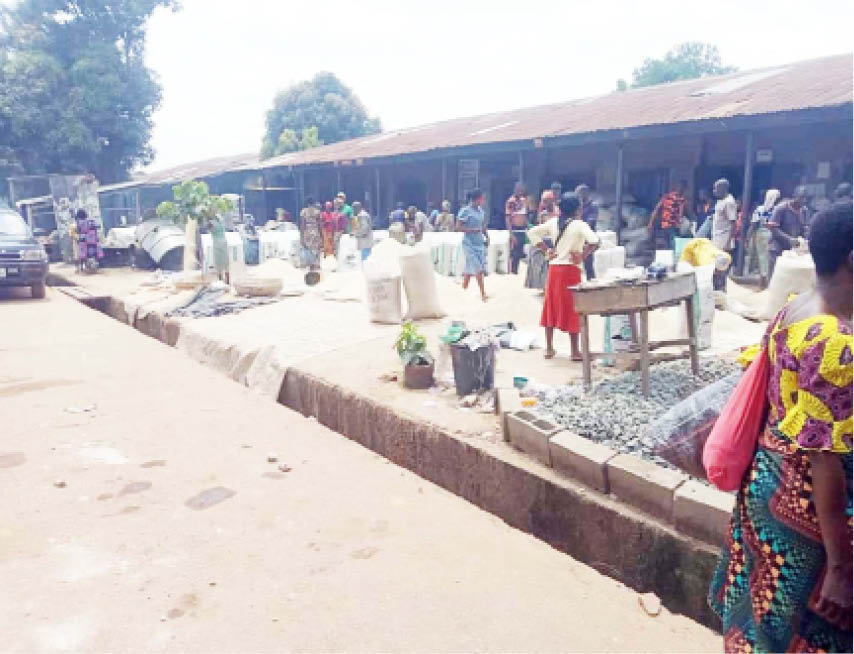Farmers in Ebonyi State believe rice revolution in the state actually began in 2015.
Before then, the farmers said, locally produced rice were not attractive to the residents as they preferred the imported rice.
- We’re Reinventing Northern Nigeria’s Rich Heritage- Director, Arewa House
- Nigeria Lacks Enough Personnel To Guarantee Security – Akinyemi
According to them, prior to the present admnistration, a 25kg bag of rice was sold at about N2,400 to N2, 500 depending on the quality. The price they said could never attract local production.
A rice farmer, who also serves as rice machine operator at the popular Abakiliki Rice mill, said he was among the first beneficiaries of the revolution in 2015.
“Today, I have purchased buses which I registered with a transport firm. I have a land and built my own house. So my position has truly changed from ordinary driver to bus owner, landlord, courtesy of the present administration of President Muhammadu Buhari.
‘’In 2015, before May, I farmed rice and by June the price of rice skyrocketed from N2,400 or N2,500 to N9,500 and N10,000 for 25 kg. That was when the gain started.
Another rice farmer. Mr. Kingdom Onyedichi, said the revolution in rice today was necessitated by the ban on importation of foreign rice by the federal government.
“Before now, local rice was not as lucrative as it is now because of the previous governments policies on agriculture.
‘’For instance, during the era of the immediate past government led by President Goodluck Jonathan, importation of foreign rice was rampant but Buhari came and stopped it,’’ he said.
That is where the rice revolution started in Nigeria.
He said “today, people from Lagos, Kano, Port Harcourt are coming here to buy Abakiliki rice, adding that ‘’we are happy with the development because no rice farmer in this state would say he or she is not happy with Buhari.
‘’Rice farmers are now building good houses, training their children in good schools,’’ he said.
The state Commissioner for Agriculture, Chief Ogodoali Nomeh, said the state government had put in place sustainability plans in rice farming.
The commissioner said the state’s production capacity from 365,000 metrics tonnes per annum in 2015 has risen.
“We have done a lot of things to make sure that we do not only sustain the tempo but to improve on what we started in 2015.
“In 2015, the production capacity of Ebonyi State was 365 metrics tones per annum.
“And in 2017, two years after, we improved to production capacity of 967 metrics tonnes per annum and occupied the 4th position in rice production nationwide.
‘Today, Ebonyi State is second in rice production with about 120 million metrics tonnes yearly.
“And we did that by improving on the facilities we met on ground when this state government assumed office in 2015.
“One is that we provided parboiling mechines in the three rice clusters located in the three Senatorial zones which we inherited from the past government.
‘’We did not stop at that, we also built another fertiliser plant to make them two in the state, bought tractors to aid mechanized farming. So these were the major things we put in place to sustain rice farming in Ebonyi State.
“Another thing is that we gave out loan and incentives to encourage them,” he explained.
Our correspondent who visited the mill gathered that 25 kg of rice now goes for N9,000 to N10,000, depending on the grade.

 Join Daily Trust WhatsApp Community For Quick Access To News and Happenings Around You.
Join Daily Trust WhatsApp Community For Quick Access To News and Happenings Around You.

